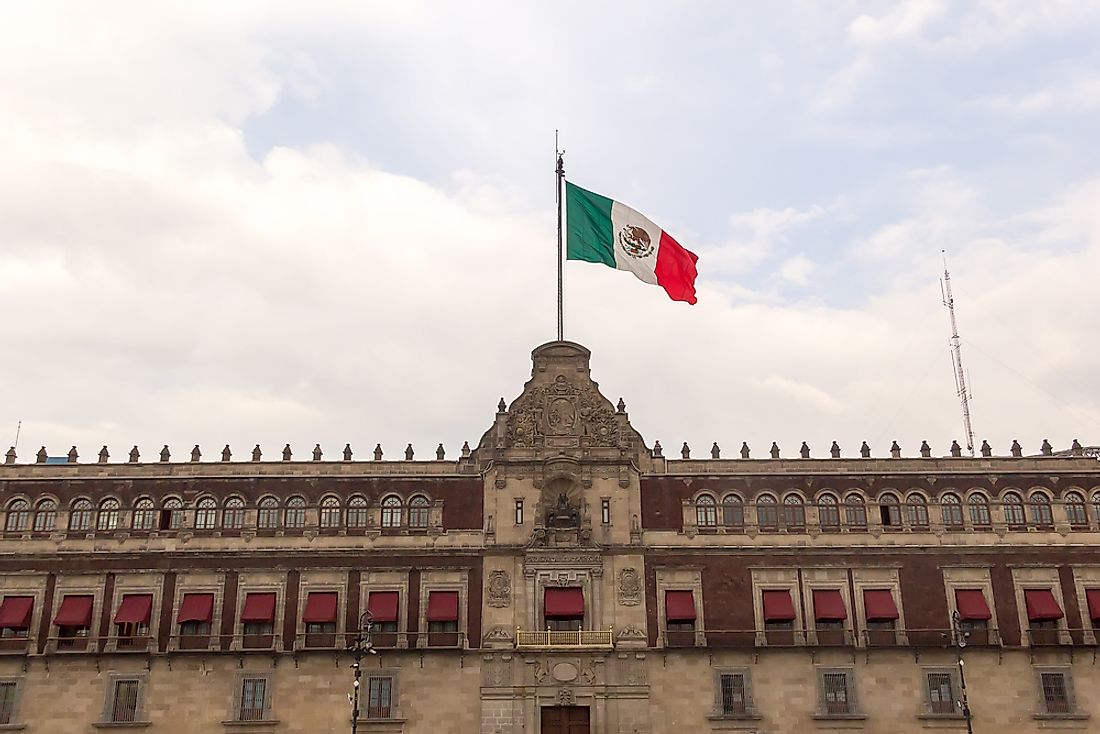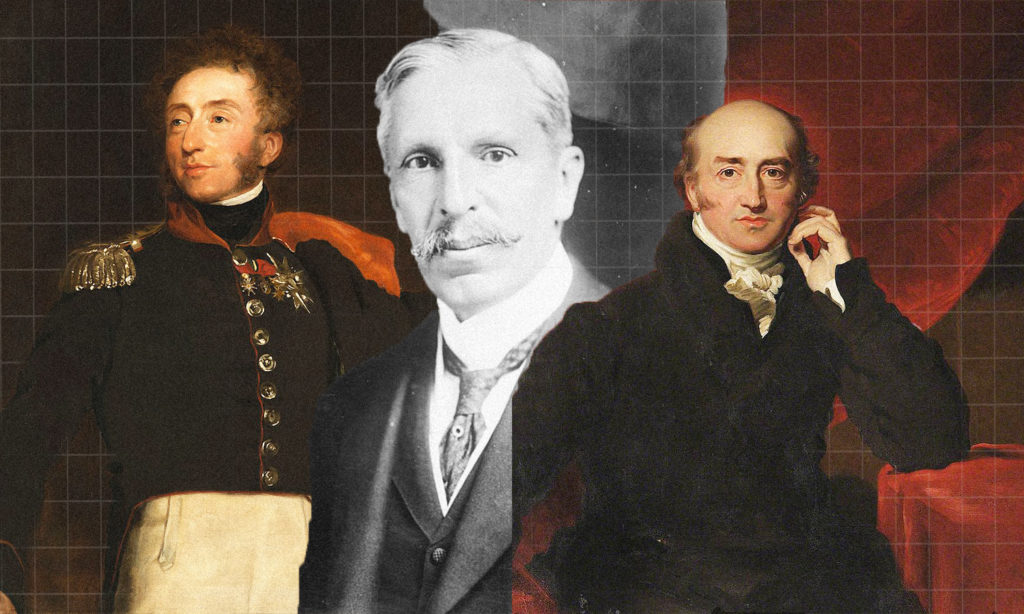The Shortest Serving President: A Comprehensive Look At William Henry Harrison
When we talk about the shortest serving president in U.S. history, one name immediately comes to mind: William Henry Harrison. Elected in 1840, Harrison's presidency was tragically cut short after just 31 days in office. His untimely death not only left a mark on American history but also sparked numerous discussions about presidential succession and the health of leaders in high office.
Harrison's legacy as the shortest-serving president is both intriguing and tragic. His story is one of ambition, determination, and ultimately, a life cut short by circumstances beyond his control. By examining his life, presidency, and untimely demise, we can gain valuable insights into the early days of the American presidency and the challenges faced by leaders during this period.
Through this article, we will explore the life and career of William Henry Harrison, the events surrounding his presidency, and the impact of his death on the nation. By understanding the context of his time in office, we can appreciate the significance of his brief presidency and the lessons it offers for future leaders.
Read also:Ice Cube And Son Comparison A Comprehensive Analysis Of Their Careers Styles And Impact
Table of Contents
- Biography of William Henry Harrison
- Presidential Career
- The Shortest Presidency
- Reasons for His Death
- Succession Issues
- Legacy
- Interesting Facts About William Henry Harrison
- Comparison with Other Presidents
- Historical Impact
- Conclusion
Biography of William Henry Harrison
Early Life and Family Background
William Henry Harrison was born on February 9, 1773, in Charles City County, Virginia. He came from a prominent family; his father, Benjamin Harrison V, was a signer of the Declaration of Independence. Harrison's early life was shaped by the ideals of the American Revolution and the emerging republic.
Growing up, Harrison received a classical education and later attended Hampden-Sydney College. Although he initially pursued a career in medicine, he eventually joined the military, where he found his true calling.
Political and Military Career
Harrison's career in public service began with his military service in the Northwest Territory. He played a crucial role in several battles, including the Battle of Tippecanoe, which earned him national recognition. His military achievements laid the foundation for his future political career.
In 1816, Harrison was elected to the U.S. House of Representatives, representing Ohio. He later served as a senator and as the governor of the Indiana Territory. His political career was marked by a commitment to westward expansion and the development of frontier territories.
| Full Name | William Henry Harrison |
|---|---|
| Date of Birth | February 9, 1773 |
| Place of Birth | Charles City County, Virginia |
| Spouse | Anna Symmes Harrison |
| Children | 10 children |
| Date of Death | April 4, 1841 |
Presidential Career
Election of 1840
Harrison's presidential campaign in 1840 was one of the most memorable in U.S. history. Nicknamed the "Log Cabin and Hard Cider" campaign, it focused on portraying Harrison as a man of the people. Despite his aristocratic background, he was marketed as a humble farmer, which resonated with many voters.
His campaign against incumbent president Martin Van Buren was successful, and Harrison won the election by a significant margin. However, his victory was short-lived, as his presidency would be tragically brief.
Read also:Exploring The Essence Of Worth Brand A Comprehensive Guide
The Shortest Presidency
William Henry Harrison's presidency lasted only 31 days, making it the shortest in U.S. history. On March 4, 1841, he delivered the longest inaugural address in American history, lasting nearly two hours. Unfortunately, this event is believed to have contributed to his illness and eventual death.
Harrison's presidency was marked by a lack of significant accomplishments due to its brevity. However, his untimely demise raised important questions about presidential succession and the role of the vice president.
Reasons for His Death
Pneumonia and Typhoid Fever
Harrison's death was attributed to pneumonia, which he contracted after delivering his lengthy inaugural address in cold, wet weather. At the time, medical understanding of infectious diseases was limited, and treatments were often ineffective.
Some historians also suggest that typhoid fever may have played a role in his death. The White House's water supply was contaminated, and this could have contributed to his illness. Regardless of the exact cause, Harrison's death highlighted the need for better healthcare and living conditions for leaders in high office.
Succession Issues
Harrison's death created a constitutional crisis regarding presidential succession. At the time, there was no clear precedent for what should happen when a president died in office. Vice President John Tyler assumed the presidency, setting a precedent for future cases of presidential succession.
This event led to the eventual passage of the 25th Amendment, which clarified the procedures for presidential succession and the transfer of power in cases of death, resignation, or incapacity.
Legacy
William Henry Harrison's legacy is complex. While his presidency was tragically brief, his life and career left a lasting impact on American history. His military achievements and political contributions helped shape the early development of the United States.
Harrison's death also brought attention to the importance of healthcare for leaders and the need for clear succession procedures. His story serves as a reminder of the challenges faced by early American leaders and the resilience required to build a nation.
Interesting Facts About William Henry Harrison
- Harrison was the first president to die in office, setting a precedent for future cases of presidential succession.
- He was the grandfather of Benjamin Harrison, the 23rd president of the United States.
- Harrison's inaugural address was the longest in U.S. history, lasting nearly two hours.
- Despite his short presidency, Harrison's campaign strategies influenced future elections and political marketing.
Comparison with Other Presidents
Presidents with Short Terms
Harrison's presidency is often compared to other short-term presidencies, such as those of James A. Garfield and Zachary Taylor. While all three presidents served for less than a year, Harrison's term was the shortest, lasting only 31 days.
These cases highlight the importance of presidential health and the need for effective succession plans. They also underscore the challenges faced by leaders in high office and the impact of their decisions on the nation.
Historical Impact
The shortest serving president, William Henry Harrison, played a significant role in shaping American history. His military career, political achievements, and untimely death left a lasting legacy that continues to influence the nation today.
Harrison's story serves as a reminder of the challenges faced by early American leaders and the importance of resilience, determination, and effective leadership. By studying his life and career, we can gain valuable insights into the early days of the American presidency and the evolution of the nation.
Conclusion
William Henry Harrison's presidency, though tragically brief, left an indelible mark on American history. From his military achievements to his untimely death, his life and career offer valuable lessons about leadership, resilience, and the challenges faced by early American leaders.
We invite you to share your thoughts on this article and explore other topics related to American history. By engaging in discussions and learning from the past, we can better understand the present and shape the future. Thank you for reading, and we hope you found this article informative and enlightening.
Data sources for this article include reputable historical texts and academic journals. For further reading, we recommend exploring works by historians such as John W. Tyler and others who have contributed to our understanding of this pivotal period in American history.


